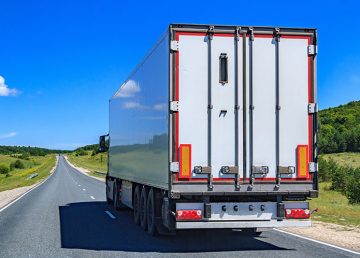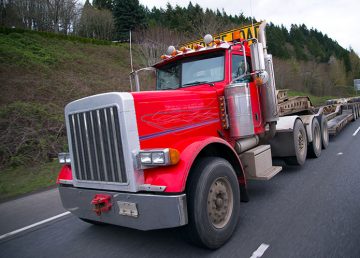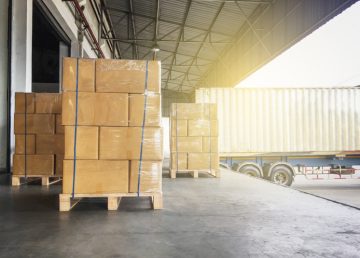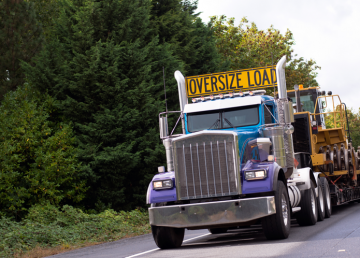LTL vs. FTL Shipping
By Kristi Yokley | Posted on May 27th, 2019 | Heavy Haul

In the trucking world, there are many ways to get your product from one corner of the country to the other. How you ship your product really depends on the size. The two main types of shipping are full truckload (FTL) and less-than-truckload (LTL). We can help you determine if you need LTL vs. FTL shipping.
LTL simply means “less than truckload.” This is the easiest way to ship a few smaller goods without filling an entire trailer.
FTL shipping stands for “full truckload.” Typically larger amounts of product that encompasses a full semi-trailer. FTL loads that take up a lot more space (around 750 cubic feet or more) are sent based upon the volume of the load. FTL shipping is typically more cost effective than trying to squeeze a larger load into LTL spaces.
Economical Differences between LTL and FTL
The cost difference between LTL and FTL loads have a lot more to do with volume. An LTL carrier will charge the customer per cubic feet. That is why it is more economically sound to use FTL and route the load a different way. The thing is, each company will have different requirements for each load.
The pros and cons of choosing the right method to ship your load differ between cost, damage potential, ease of loading, and the speed of that load. Let’s look at each of these differences.
1) Cost
When loads are measured properly, the space taken in the trailer is already accounted for. There will be no surprise charges after delivery. These volume shipments are often cheaper than a full truckload. You only pay for what you need to use.
2) Damage
LTL shipments often get handled more than FTL loads. Also, if you only use a small amount of space, there is a chance that the rest of the trailer is filled up with another load, which makes sense for the carrier if they can book another load going to the same destination.
3) Ease of Use
Full truckload orders usually require a lot of back-and-forth negotiations. Negotiations consist of price, liability, weight, and so on. LTL loads are simple and take much less time to offer a quote.
4) Speed
The price of the load can be connected to the speed of which the shipment takes place. The time of day it happens, the availability of trucks at that time, and the size of the load all impact the price. If a carrier has a lower capacity at a certain time, then space is a commodity and you can expect to pay more.
Transportation makes the world move. Businesses rely on carriers more than ever before. Secrest Direct, is here as a trusted transportation and logistics partner, regardless of your load size. Our experts can help you navigate through the best options for your business to save you money and deliver options you will not find with other carriers.







